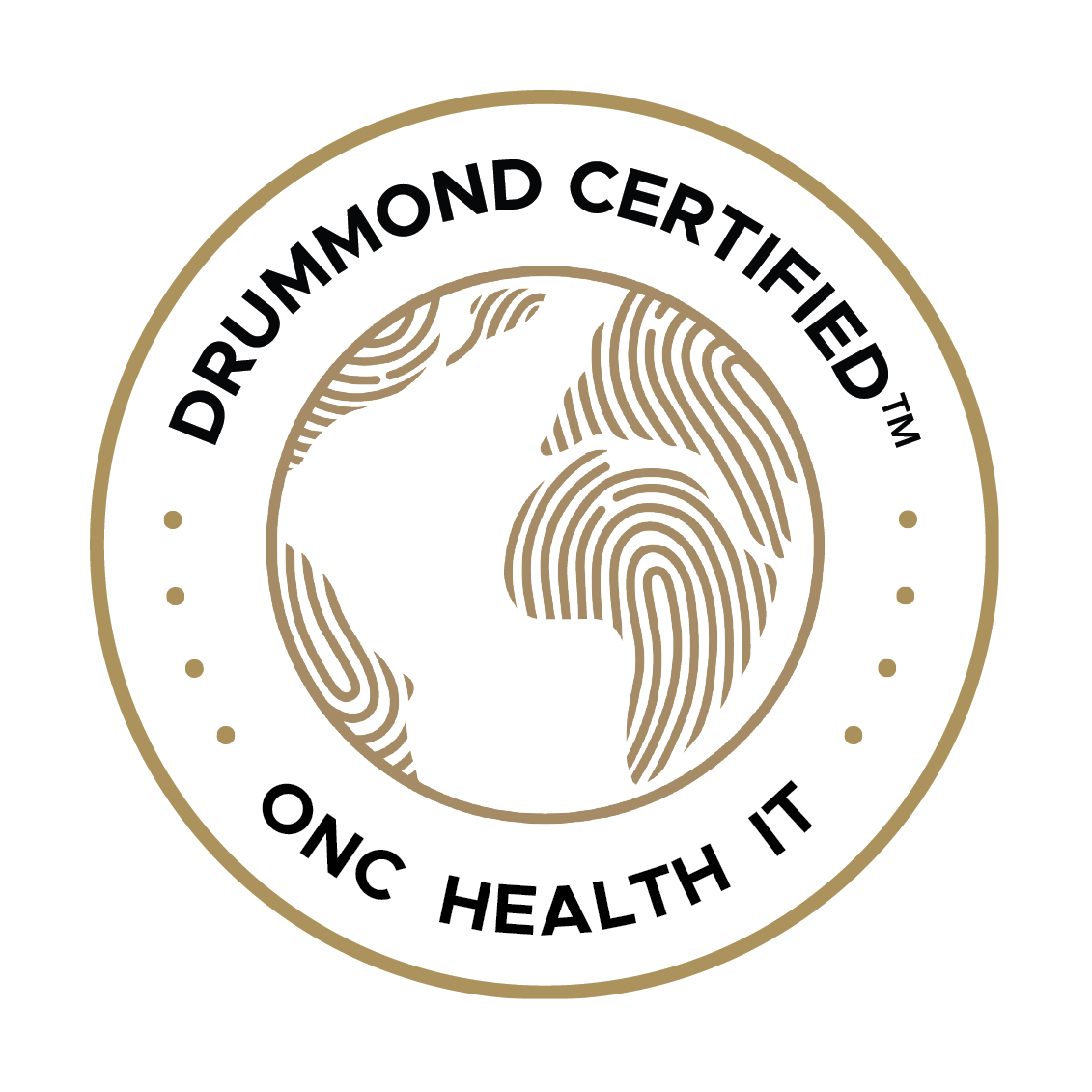Running a successful cardiology clinic involves more than providing top-notch patient care. Managing the financial aspect of your practice efficiently is equally crucial.
Electronic Health Record (EHR) systems, designed explicitly for cardiology clinics, can significantly enhance your clinic’s Revenue Cycle Management (RCM) and improve Return on Investment (ROI).
Let’s dive into how EHR RCM can be a game-changer for your cardiology clinic.
Understanding Revenue Cycle Management (RCM)
In cardiac healthcare management, a firm grasp of RCM is essential for ensuring the financial health of your cardiology clinic. RCM encompasses the intricate process of managing your practice’s financial aspects, from patient appointment scheduling to the collection of final payments.
Before we explore the benefits of EHR in RCM, let’s briefly review what RCM entails:
Revenue Cycle Management is the process of managing the financial side of your healthcare practice, from the moment a patient schedules an appointment to the final payment collection. It encompasses everything from verifying insurance eligibility to coding and billing for procedures and services.
Efficient RCM ensures your clinic’s financial health and long-term sustainability. It allows you to optimize revenue collection while maintaining compliance with regulatory standards, ultimately leading to a stronger and more prosperous cardiology practice.
ROI Demystified
ROI, or Return on Investment, is a critical financial metric that evaluates the profitability of an investment compared to its costs. In the context of your cardiology clinic’s adoption of EHR systems for RCM, ROI measures the financial benefits gained versus the expenses incurred.
In simple terms, ROI answers whether the investment in EHR technology and RCM processes is financially beneficial.
It’s calculated as:
[ROI = \frac{(Net Gain from Investment – Cost of Investment)}{Cost of Investment} \times 100\]
– Net Gain from Investment: The total financial benefit, including increased revenue and reduced costs, attributed to the EHR system.
– Cost of Investment: The expenses for acquiring, implementing, and maintaining the EHR system.
A positive ROI means the benefits exceed the costs, indicating a sound investment. For your cardiology clinic, a positive ROI confirms that EHR for RCM improves financial health and ensures long-term sustainability. Monitoring ROI helps assess the ongoing impact of your investment.
The Role of EHR in Cardiology RCM
Implementing EHR software tailored to cardiology clinics can significantly support revenue cycle management and your clinic’s ROI. Here’s how:
Accurate Billing and Coding
EHR systems come equipped with templates and features for cardiology procedures, ensuring that your billing and coding are accurate and compliant with industry standards. This reduces the risk of claim denials and billing errors that can lead to revenue loss.
Streamlined Claims Processing
Beyond ensuring accuracy in billing and coding, EHR systems streamline the claims processing workflow. By electronically submitting claims to insurance companies, they expedite reimbursement, leading to quicker payments and improved cash flow.
This reduction of days in accounts receivable further strengthens your clinic’s financial position.
Improved Documentation
Comprehensive documentation is essential for justifying medical necessity and ensuring proper reimbursement.
EHR software allows you to create detailed, legible, and organized patient records, making substantiating your claims easier and reducing the risk of audits. Accurate and organized documentation not only aids in the claims process but also supports clinical decision-making, enhancing the overall quality of care provided at your cardiology clinic.
Additionally, it fosters better communication among healthcare providers involved in a patient’s cardiac care journey.
Automated Eligibility Verification
EHR systems can automatically verify patients’ insurance eligibility in real-time. This helps your staff confirm coverage before appointments, reducing the risk of denied claims due to eligibility issues.
By proactively addressing insurance eligibility concerns, your clinic can provide patients with a more seamless and satisfying experience, enhancing patient satisfaction and loyalty.
Enhanced Patient Communication
EHRs often include patient portals that allow patients to view their bills, make payments, and access financial information. This fosters transparency and encourages timely payments.
Furthermore, improved patient communication through these portals can lead to better patient engagement and education, empowering individuals to take a more active role in managing their cardiac health.
Analytics and Reporting
Many EHRs offer robust reporting and analytics tools, helping you identify revenue trends, monitor financial performance, and make data-driven decisions to optimize your clinic’s financial health.
In addition to financial insights, these tools can provide valuable clinical data, enabling you to track patient outcomes and continually improve the quality of cardiac care provided by your clinic.
Compliance Assurance
Staying compliant with healthcare regulations is vital to avoid penalties and fines. EHRs are designed with compliance in mind, helping your clinic adhere to HIPAA and other regulatory requirements. By maintaining a high level of compliance, your cardiology clinic ensures legal and ethical practice and builds patient trust, further enhancing your reputation within the healthcare community.
Improve ROI and RCM with GEMMS One
Incorporating EHR software with effective Revenue Cycle Management processes can significantly boost your cardiology clinic’s ROI. You can maximize revenue while delivering high-quality patient care by reducing billing errors, expediting claims processing, and enhancing financial visibility.
Investing in the right EHR system may require resources initially, but the long-term financial benefits and improved patient care make it worthwhile. Moreover, as healthcare technology advances, EHRs will remain essential in ensuring your cardiology clinic’s financial success.
At Gemms One, you get access to our dedicated team, where you’ll find former practice managers alongside proficient insurance claims experts, no-fault specialists, and workers’ compensation professionals. Our collaborative approach enriches your billing process, allowing you the space to excel at what you do best – delivering outstanding patient care.
This, in turn, not only elevates the patient experience and overall satisfaction but also paves the way for increased appointments and referrals from delighted patients.
If you are considering implementing EHR RCM in your cardiology clinic, now is the time to explore your options and take a step toward enhancing your financial health and the quality of care you provide to your patients.
For more insights on managing your cardiology clinic efficiently, schedule a demo or contact us for more information. Your success is our priority.




